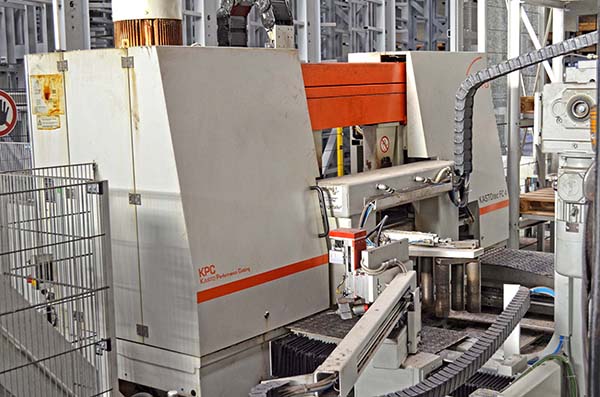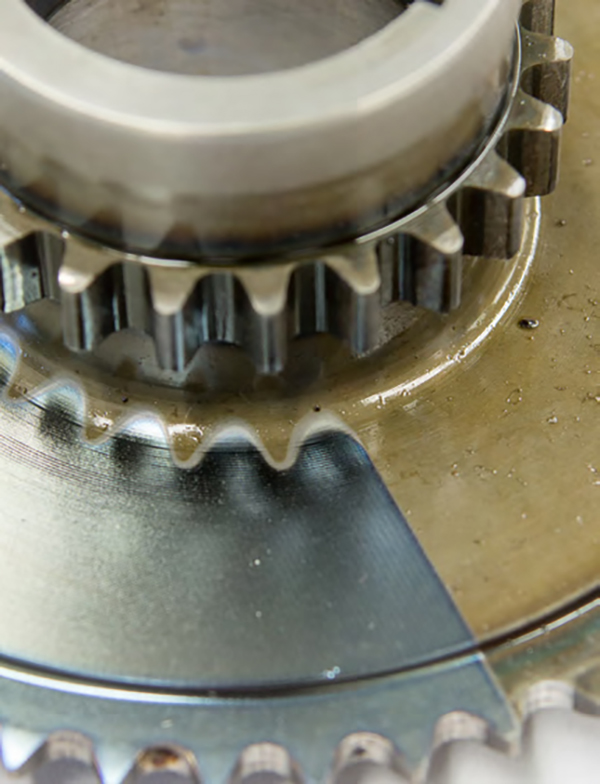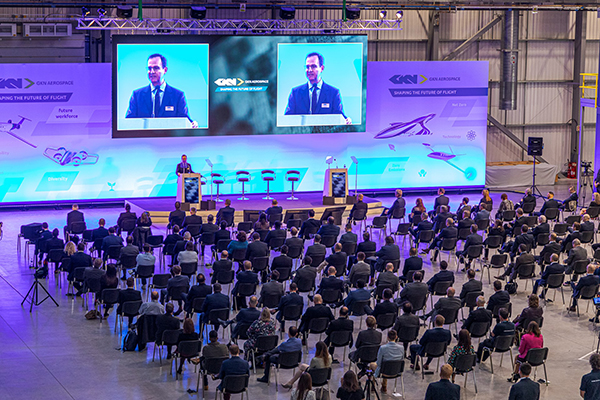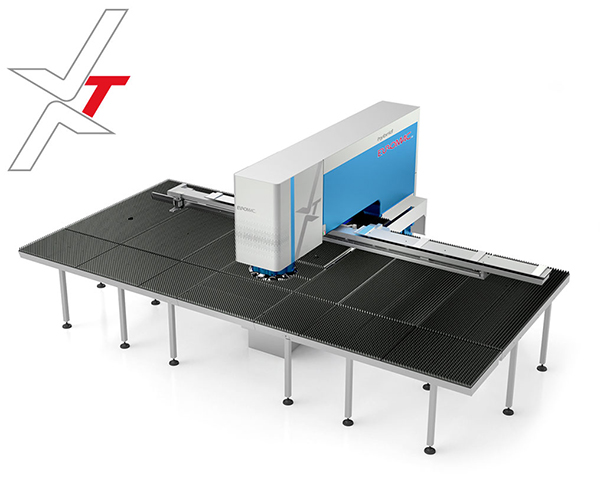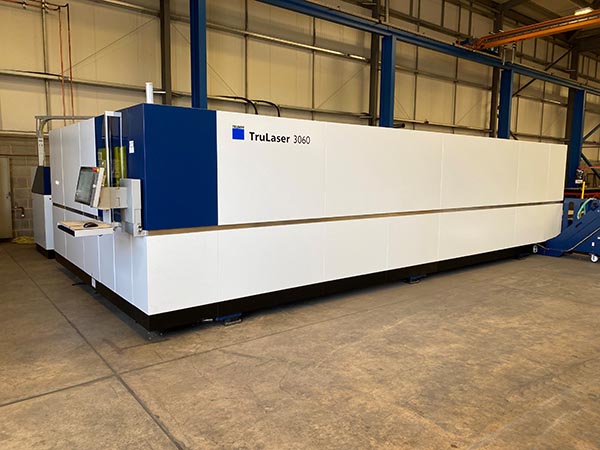
Steel stockholder Weser Stahl, based in Stuhr-Brinkum, Germany, has automated its operation to meet increasing competition from international suppliers. The key element of its in-house logistics is a recently installed storage, sawing and robotic handling system supplied by Kasto. Weser Stahl’s new system provides unattended material flow through the facility, from storage of the raw stock to provision of the sawn sections for shipment. The system has proved so successful that plans are in place to install another at Weser Stahl’s site in Plettenberg.
Weser Stahl relies on modern machinery and equipment, and has a number of bandsaws and circular saws supplied by kasto over many years.
The new KASTOcenter varioplus 4 measures almost 8 m in height, providing 1398 storage spaces for material up to 7 m in length. Each compartment has a usable loading height of 50 to 430 mm and can take a maximum material weight of 4 tonnes. A storage and retrieval machine (SRM) moving at speeds of up to 60 m/min handles the bar. Two KASTOvariospeed circular saws (150 mm diameter capacity) and one KASTOtec FC 4 bandsaw (430 mm capacity) are connected to the storage facility.
Weser Stahl relies on automation for material removal. The KASTOtec saw is equipped with a turning and stacking system, while the two KASTOvariospeed saws each have an industrial robot that automatically removes sawn sections and stacks them on to pallets, as required for each order.
“In this way, we have created a continuous material flow that can function fully unattended if necessary – and around the clock,” says sales manager Stieven Harder. “The result is an enormous increase in efficiency and performance, as well as more ergonomic working conditions for our employees.”
For further information
www.kasto.com






